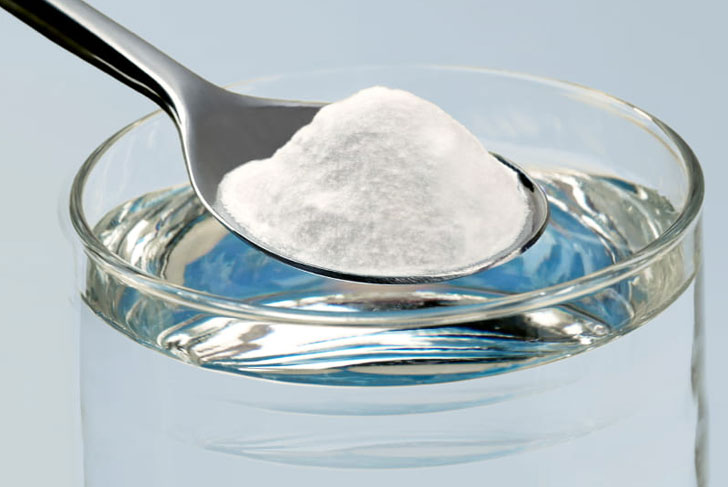Are those fiery heartburn episodes keeping you up at night? Dive into our guide on 'Home Remedies for Acid Reflux' and discover natural, kitchen-ready solutions that could offer you relief! From age-old herbs to simple lifestyle tweaks, we've compiled a treasure trove of tips that may just make those burning bouts a thing of the past. Say goodbye to discomfort and hello to holistic healing!
Home Remedies
Aloe Vera Juice
Fact: Aloe vera contains compounds known as polysaccharides that have the ability to heal and soothe the stomach lining, potentially reducing the risk of acid reflux.

Aloe vera, often dubbed the "plant of immortality" by the ancient Egyptians, has been utilized for therapeutic purposes for millennia. Not only does it have renowned soothing properties for sunburned or irritated skin, but its benefits extend to the digestive system as well. The gel from the aloe vera plant contains compounds that naturally alleviate inflammation, which can be particularly beneficial for the esophagus and stomach when irritated by stomach acid. Drinking half a cup of aloe vera juice before meals can act as a preventive measure against acid reflux flare-ups.




